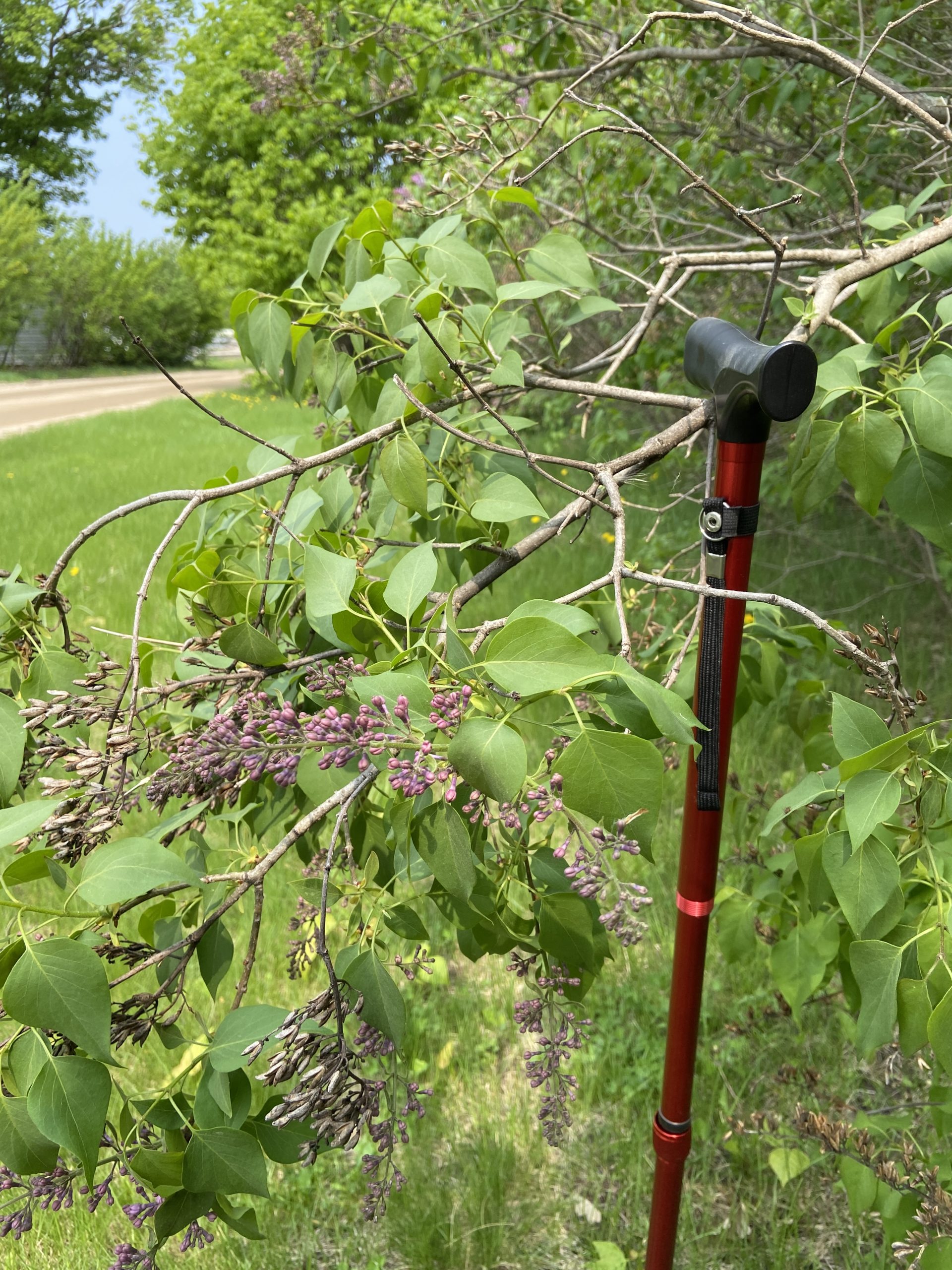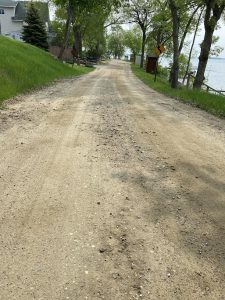
One of my favorite walking activities involves shutting my eyes for as long as I can. I choose sidewalks with grass on both sides, or smooth trails that are straight with no stones or potholes. The experience of temporary blindness allows me to enter the environment with no focus, no distractions except for the wind and the sounds of the earth and sky.
 This habit became the foundation for my study of Descartes who was famous for his break from God’s enlightenment with the aphorism, “I think, therefore I am.” For this, the church burned his writings. In my courses in college, I pursued the question of who am I? I ranged through Freud’s trifecta of ego, id, and superego, through Pavlov’s behavioral conditioning and the sciences of embryology and genetic heredity.
This habit became the foundation for my study of Descartes who was famous for his break from God’s enlightenment with the aphorism, “I think, therefore I am.” For this, the church burned his writings. In my courses in college, I pursued the question of who am I? I ranged through Freud’s trifecta of ego, id, and superego, through Pavlov’s behavioral conditioning and the sciences of embryology and genetic heredity.
Most appealing were the discoveries of blindness that detailed how the blind, naturally or accidentally, created a world of their own. One scientific exercise involved blinding one for five hours. During that time, the person would not sit still, but would be involved in physical activity.
Perfect! I asked a friend to chaperone me for the hours while we walked around the block prior to a hike through a nearby park. I advised her not to touch me. In an emergency, she could tell me to stop, turn, or backup. I did not want her to ground me with her presence.
After adjusting the mask, I armed myself with a cane. Off we went, like Hansel and Gretel into the dark.
During my stroll, I used my cane to brush away the branches from the bushes, and the leaves over my head. After a long period of time, I saw a wall being built stone by stone in front of me. Curious, I approached as the wall began to surround me. Due to my concern of being hemmed in, I pushed my cane into the wall. It went through the wall. And the wall stopped growing. I turned around. Walking back to the car, darkness fell. Fortunately, I had lights on my shoe and a flashlight in my shirt pocket.
When we reached the car, my friend turned me around, took off my blindfold, and pointed to the path we had just traversed. I was surprised it was not dark, but shocked to see that my stroll was on a wide road through the park without any bushes or overhanging branches. There was no wall anywhere, and I did not have any lights on my shoes or shirt. I asked if she had seen the bushes, the wall, or the lights. “No.”
For me, this experiment revealed that there are many varieties and causes of who I am. Descartes was correct for moving on beyond theological reasoning for he opened a path to many sites.
For those who die and then return to their life with tales of discovery of God, their deceased parents, their living children crying, I conclude that death is just another form of blindness. We have no idea where we are going or if we will even return. I like Ann Sexton’s death poem that kindly urges us to put on our slippers to walk into the darkness.




Thanx Richard for stretching me! I even went back and read the Anne Sexton poem.
My late sister – lost too young to the ravages of an awful disease – was a poet herself and greatly admired Sexton. She was apparently not hampered by the darkness in the poetry and the suicides of Sexton and Plath. I am not so brave!
What an amazing experience and experiment, and humbling. The pictures were perfect too. Our neurological systems and interactions with our surrounding world are fascinating. Descartes didn’t know the half of it. May you have pleasant revelations.
What happened during your “blindness” experience was fascinating. By removing one sense, you enhanced others, including your imagination.
What an interesting experiment, Richard. Your senses took you down a path that was entirely in your mind’s eye. The philosopher in you kept your fears at bay and allowed you great leniency in your wanderings.
Thought-provoking essay, Richard, and I find your blindness exercise fascinating. On the philosophical side, I taught an ethics course for several years in college, and I always found the ideas of Descartes produced much class discussion, and for good reason!
Thank you. To even promote more discussion, I have discussed Zen Buddhism’s view that death is an illusion and so is life.
Zen does not believe the world was created, thus if there is no beginning there is no end.
There is a comment on identity that denies the creation of personhood. It is quite difficult to understands and to translate.
wo is Chinese the character that means both I and me. bu shih means is not. de means of Okay, make sense out of this moving puzzle.
Wo bu shih wo de wo.
When and where do you translate so as I or as me.
The point is that our identity is not a given. It really does not even exist. We can never determine the meaning or existence of we.
There. That goes beyond Descartes. From I think therefore I am, we have what thinks, and about what.
I do not usually address this casually since it takes at least three credits of class and about four three years of Chinese. But it does produce discussion!
Wow, I read this two times, am ready for the third. To know thyself actually means you’ll never know? At least in the way we’ve set ourselves up here. Our consciousness obviously arises from who we are inside the flesh but expands beyond our own imaginings. Coming from source, from all that is, so are we. Yet the ego monstrously cages us into earthly pinnacles, as it was supposed to do. Now, in the present, awakening to who we really are, taking our blinders off is also something we’re supposed to do. You think? I know Patty, just go back and read it again. Thank you for this.
A brave experiment. I’ve never heard of being temporarily deprived of sight leading to a sort of hallucinatory state. how long did it take for your perceptions to shift?
Also, which Sexton poem are you referring to. I can’t find one that mentions slippers…or am I being overly literal? I’d never read any Sexton until about twenty minutes ago!